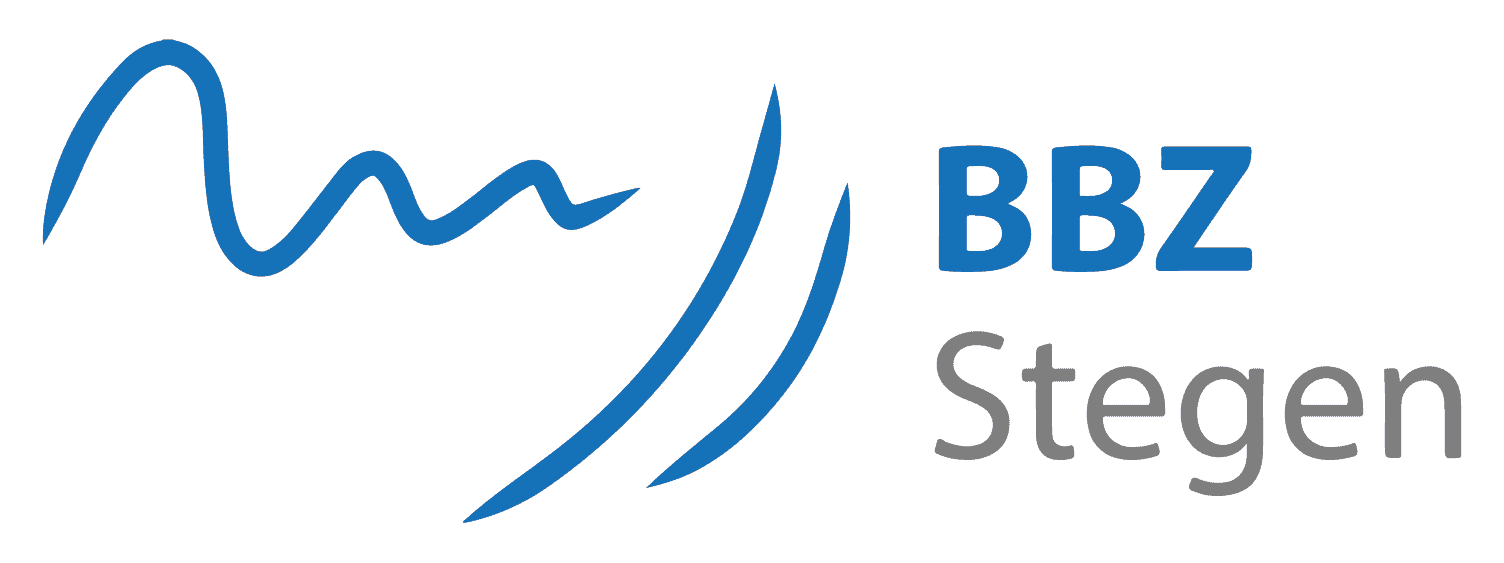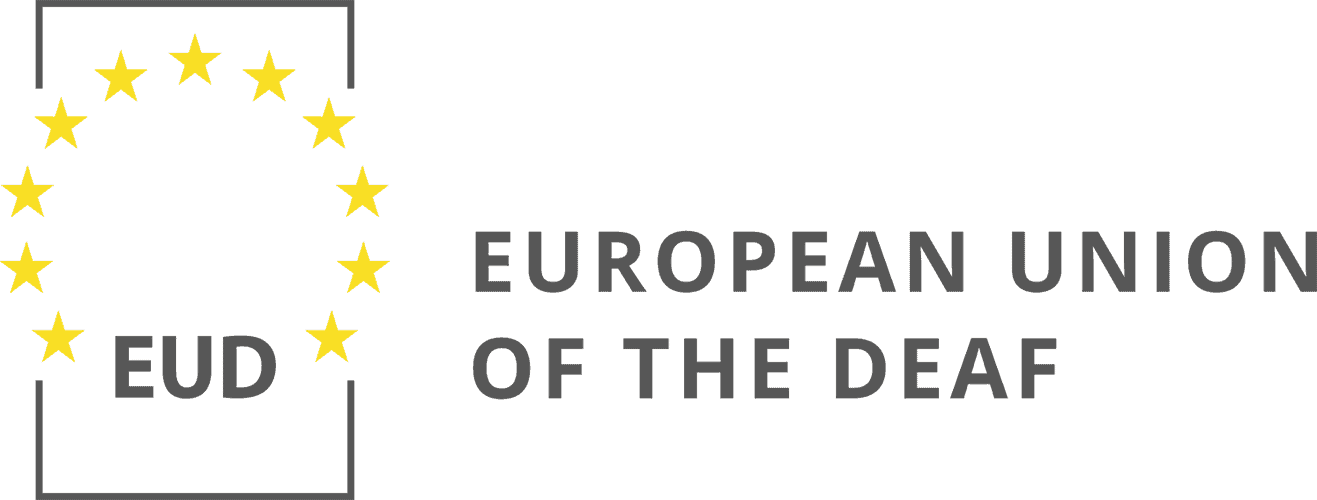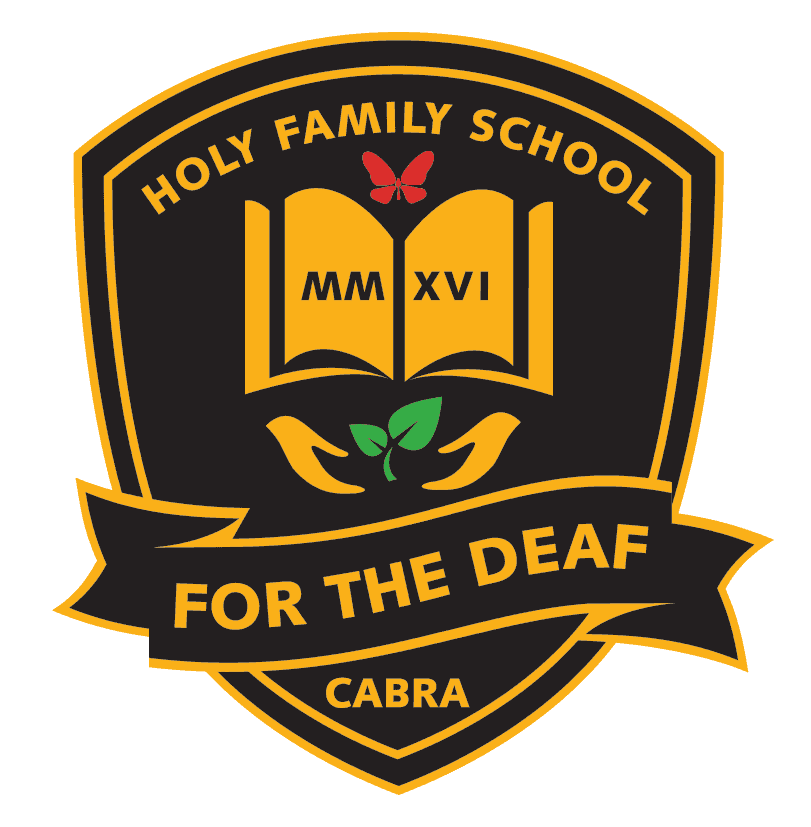About IDE
Germany: We are a team from the areas of special education & German language and linguistics at the University of Education Freiburg and from the special school for Deaf and hard-of-hearing pupils, BBZ Stegen.
Ireland: The team has experience in Deaf studies, sign linguistics, deaf education, special education and sign language interpreting. Irish colleagues are based at the Centre for Deaf studies (School of Linguistic, Speech and Communication Sciences) and from the School of Education at Trinity College Dublin, and at the Holy Family School for the Deaf, Dublin.
Norway: Our team consists of members from the Norwegian University of Science and Technology; the Department of Teacher Education and the Department of Sign Language Interpreter Education, and from Early Childhood Education at Queen Maud’s University College Trondheim.
Belgium: Our team within the European Union of the Deaf represents the perspective of Deaf communities and bringing expertise in communication, equality legislation, language policy and lived cultural and linguistic experience of Deaf signing people.
Meet the team
Get to know our international team of dedicated partners
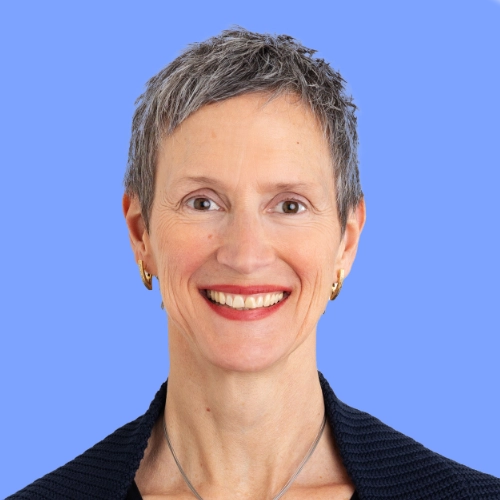
Vera Kolbe
Manager of the Institute of Special Education at the University of Education Freiburg – In her dissertation at the Humboldt-Universität zu Berlin she developed the first German Sign Language production test for children age 4-11: NaKom DGS, an adaptation of the BSL PT. Her main research interests are sign language development of children, sign language didactics and interpreter mediated Deaf education with signed and spoken languages. In her teaching she is focusing on sign language didactics for L1/L2 children, inclusive education in schools, counseling and language development in multilingual contexts. As a special education teacher she has established a bimodal-bilingual program at the BBZ Stegen, Germany, and worked in in- and exclusive school settings. She is also an interpreter for signed and spoken German.
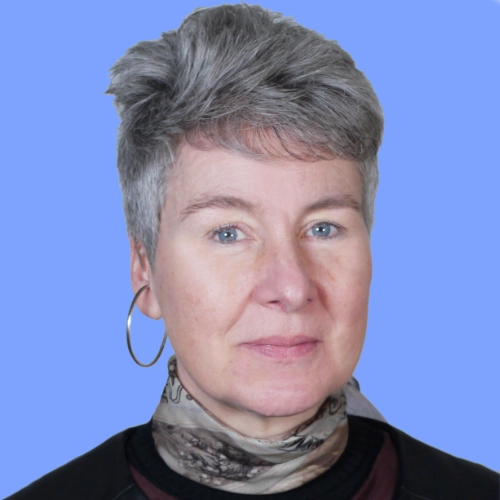
Petra Gretsch
Prof. Dr. Petra Gretsch is with the Institute for German and Literature, with her main areas being linguistics, language development, and language didactics. She studied Linguistics, Psychology, and Information Technology at the University of Tübingen (Germany) and Edinburgh (Scotland). Her research focuses on the acquisition of finiteness (Dissertation), multilingualism, the development of visual literacy, and Continuous Language Education in schools and nursery schools. She is a member of the scientific advisory board for the Goethe Institut and the Zentralstelle für das Auslandsschulwesen (Central Agency for Schools Abroad), which allows for the comparison of various schooling systems and ideas on education.
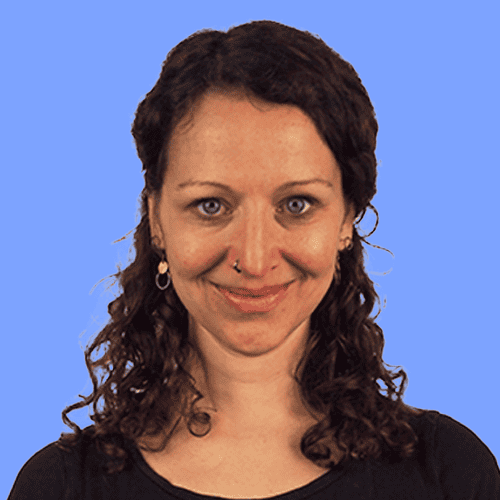
Friederike Lau
Research assistant in the IDE project. She studied special education for the Deaf in Berlin (Bachelor and Master degree). During her studies she visited several schools for the Deaf in Rwanda, Uganda and Kenya. Now she is a special education teacher for the Deaf and specialised in bimodal-bilingual teaching methods in special education schools for Deaf and hard-of-hearing pupils and in inclusive settings. She is also a communication assistant for signed and spoken German.
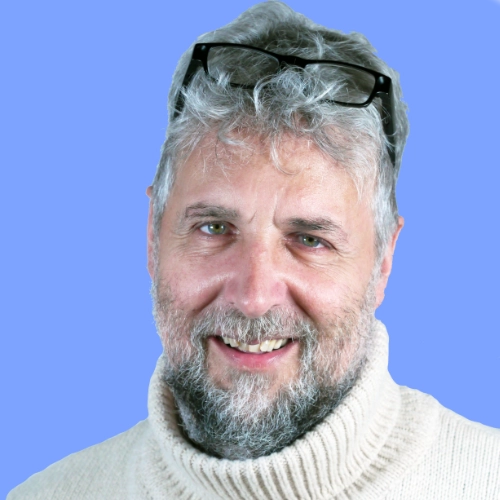
Martin Stuecker
Martin Stuecker’s job at the BBZ Stegen is headmaster of the primary school. His subjects include articulation, computer science, and everything related to the organization of the primary school. His other area of responsibility is managing the MBZ (Media Counselling Centre), a small team that provides films and media for the deaf and hard-of-hearing students at their institution and produces sign language overlays for short information films. They also offer advice on how students with hearing aids can be connected to the media devices in their classrooms and on digital classroom management in general. They also offer training in film editing in an educational context.
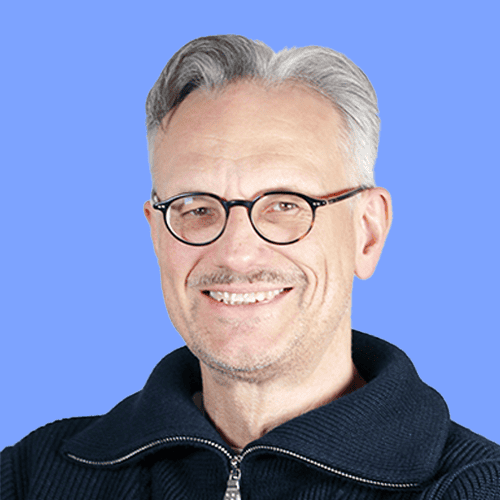
Stefan Poessiger
Stefan Poessiger has been working at BBZ Stegen as a teacher for the deaf for over 25 years. During this time, his students and he regularly produced short films, and sometimes they successfully participated in film competitions. In 2020, he expanded his field of activity to include counselling for deaf or hard of hearing students who attend school together with hearing students in an inclusive context. He also joined the MBZ team, where his main task is to create scripts for short educational films, filming, and film editing. He can also be seen interpreting German Sign Language in the sign language overlays that they produce. In general, he focuses on creative work, sometimes with a little chaos, but always with dedication and attention to detail.
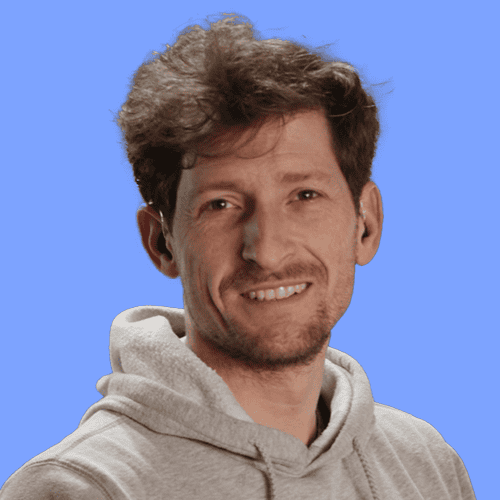
Lester Flamm
Lester Flamm is severely hard of hearing since birth, bordering on deafness. He studied at the University of Education Heidelberg and has been working as a teacher at BBZ Stegen since 2013. He has worked in various types of schools and departments there. So far, he has taught Mathematics, Technology, and German Sign Language in elementary and secondary schools. Additionally, he is involved in counselling and supporting students in inclusive school settings. He advises teachers, school management, students, and parents on matters related to deafness or hard of hearing, hearing aids, sign language interpreting, and compensatory measures. He has contact with deaf or hard of hearing students in the mainstream school system. In recent years, he has contributed to the development of an educational plan for German Sign Language within the Ministry of Education in Baden-Württemberg.
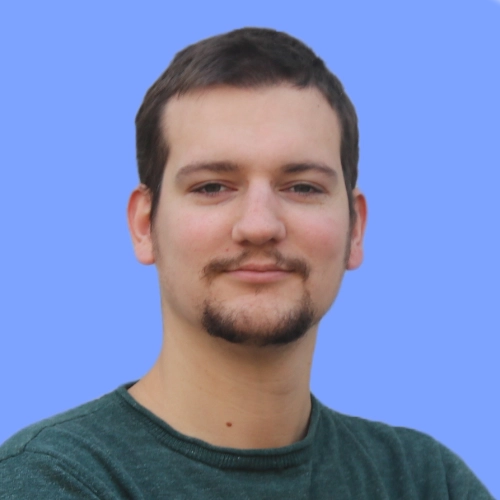
Davy Van Landuyt
Project Manager at EUD. As a deaf Belgian, his roots lie in the social-cultural movement and association work in the deaf community, going through all possible layers from the local level to the European level. In 2020 he obtained his certification as Specialist in Spanish Sign Language from the Fundación CNSE, which qualifies him to teach Spanish Sign Language and to work as a deaf role model with deaf children in Spanish schools. Since 2021 he works in the project team at the EUD, where he is involved in various EUD projects. In these projects, he focuses on co-creation with deaf communities, accessibility issues, project management, science communication and dissemination.
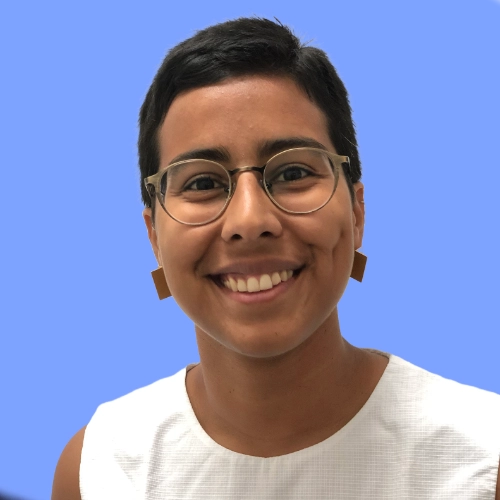
Rehana Omardeen
Project Officer at EUD. Rehana has a background in academic research, and holds a PhD in sign language linguistics from the University of Göttingen. Since 2022 Rehana has been a Project Officer at EUD, involved in the activities of the projects team (including H2020, Erasmus+ and European Parliament projects). To these projects, she brings research, reporting and project management skills, with a focus on collaboration to allow for meaningful exchange between deaf communities and project partners.
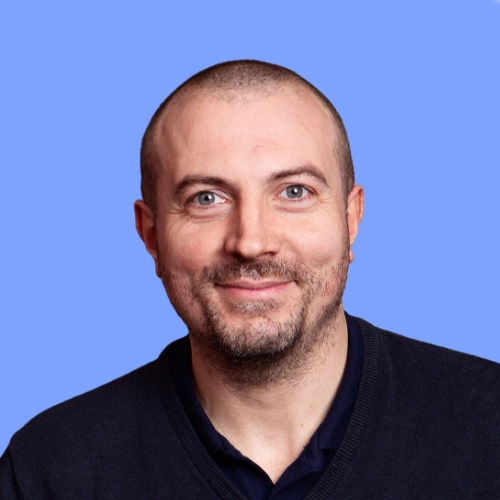
David Hay
EUD Communication and Media Manager since 2013. David oversees all press releases, articles, social media content, and website updates related to EUD. His work includes producing a wide variety of media outputs, such as video statements, animated content, and live social media updates. David has been instrumental in growing EUD’s social media presence, which now enjoys a large and engaged following. Before joining EUD, David worked as a Researcher/Director for the BBC and Channel Four, where he developed stories within the Deaf community, liaised with contributors, and organised production shoots.
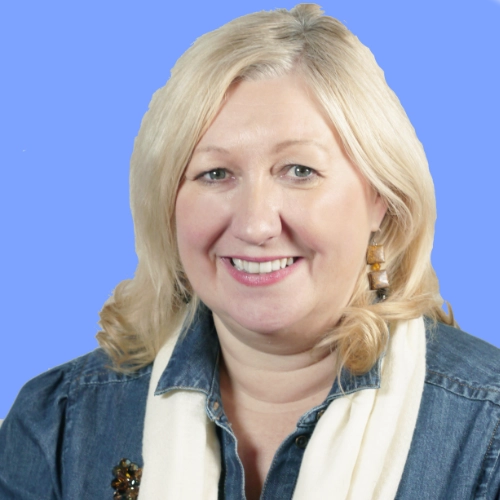
Lorraine Leeson
Lorraine is Professor in Deaf Studies at the School of Linguistic, Speech and Communication Science’s Centre for Deaf Studies and Associate Vice Provost for Equality, Diversity and Inclusion, leading Trinity College Dublin’s work in this area. Lorraine previously served as Director of the Centre for Deaf Studies (2001-2018). Her research work is multidisciplinary, influenced by her background in deaf studies, interpreting studies, gender studies and linguistics. She has published widely in these areas.

Emily Barnes
Emily Barnes is Assistant Professor in Language Education in Trinity College Dublin. Her PhD was in the area of early literacy assessment for Irish-English bilinguals, and she is currently involved in the development of Geabaire, an Augmentative and Alternative Communication (AAC) system for autistic children in Irish-medium education. She is the co-ordinator of the Master’s in Irish-Medium and Gaeltacht Education.
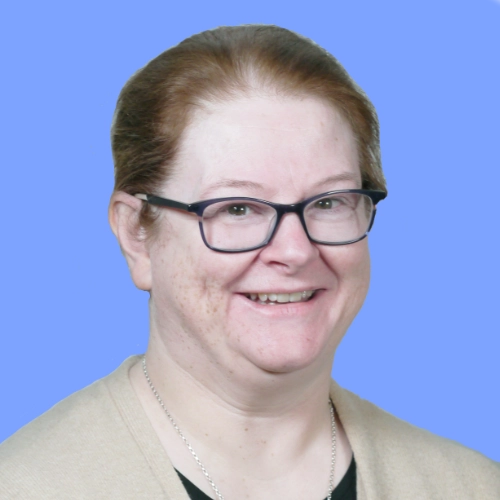
Martina Farren
Martina Farren is a PhD candidate at the School of Linguistics, Speech and Communication Sciences at Trinity College Dublin where her research topic is on mainstream teachers’ experiences of teaching deaf pupils the national curriculum. She is also interested in the topic of classrooms mediated by sign language interpreters as this is a very new development in the Irish educational landscape. She also hopes to contribute to the development of a syllabus for Irish Sign Language as a subject in mainstream second level schools for which the Minister of Education has recently given the go ahead.
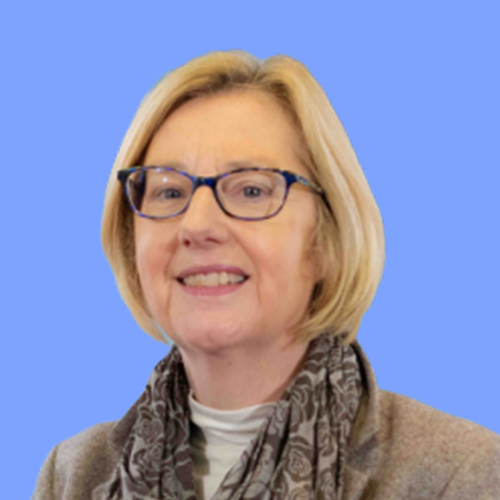
Eimear O’Rourke
Eimear O’Rourke has over 33 years’ experience as an educator and school leader in the schools for the Deaf, Cabra. She was appointed Principal of St. Mary’s School for Deaf Girls in 2014 and subsequently Principal of Holy Family School for the Deaf following amalgamation with St. Joseph’s School for the Deaf in 2016. She holds the Diploma for Teachers of the Deaf and a first-class honours Master of Education degree. In her role as school leader, she is committed to supporting her colleagues to maintain their status as a Centre of Excellence in Deaf Education and to their mission to enable their girls and boys to have the best possible educational experience and to achieve their dreams. She participated in two previous Erasmus projects related to enhancing the educational provision of deaf children. Both were very successful, and she is delighted to have the opportunity to meet with educators of deaf children in partner countries towards their shared goal of removing barriers and maximising educational outcomes for deaf children.
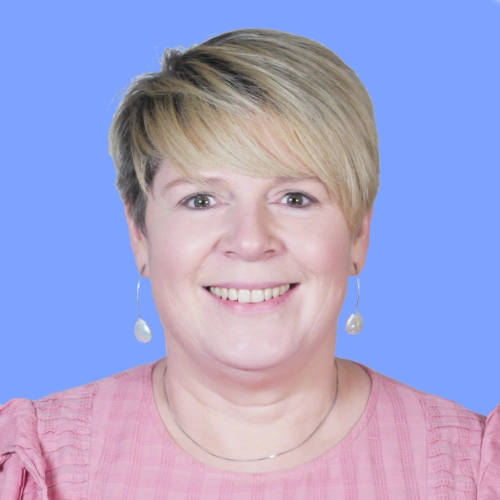
Shirley Higgins
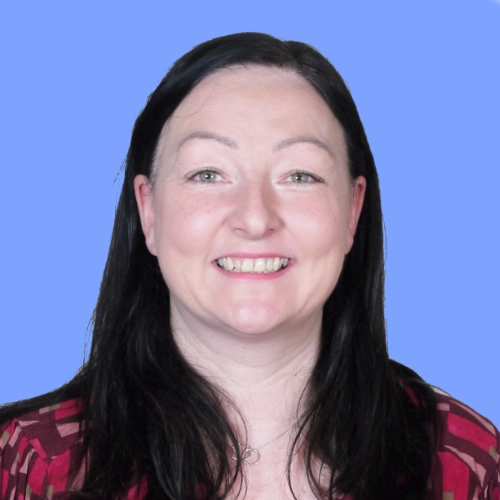
Aideen Lynch
Aideen Lynch is a teacher of Science, Maths, ICT, and Biology at Holy Family School for the Deaf in Cabra. She has been teaching Deaf students for 26 years. She studied science at NUI Maynooth and obtained a Higher Diploma for Teachers of the Deaf at the University of Birmingham. She is part of a team developing ISL (Irish Sign Language) signs for science and technology subjects.
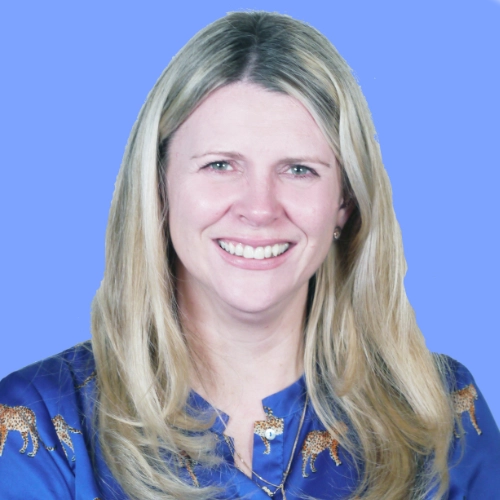
Maggie Owens
Maggie Owens is a Maths teacher and Qualified Teacher of the Deaf with over 20 years of experience at Holy Family School for the Deaf. She is passionate about creating engaging and inclusive learning experiences for all students and understands the importance of innovative teaching methods and tailored support. She is excited to join the Erasmus team to collaborate with educators from diverse backgrounds to enhance inclusive education and improve accessibility across all subjects.

Lorraine Leeson
Lorraine is Professor in Deaf Studies at the School of Linguistic, Speech and Communication Science’s Centre for Deaf Studies and Associate Vice Provost for Equality, Diversity and Inclusion, leading Trinity College Dublin’s work in this area. Lorraine previously served as Director of the Centre for Deaf Studies (2001-2018). Her research work is multidisciplinary, influenced by her background in deaf studies, interpreting studies, gender studies and linguistics. She has published widely in these areas.
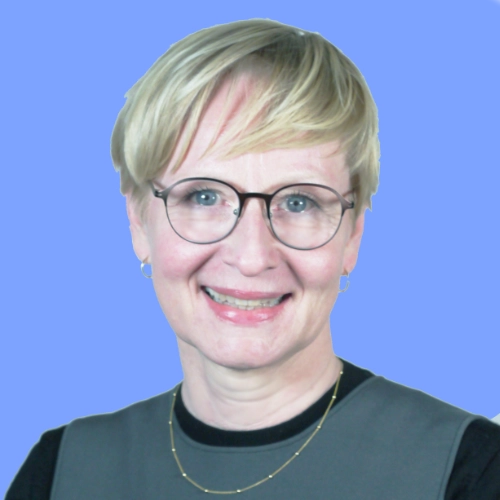
Sigrid Slettebakk Berge
Sigrid Slettebakk Berge is professor at the Faculty of teacher and interpreter education, NTNU in Trondheim, Norway. Her multidisciplinary research focuses on interpreted communication, accessibility and participation for all within a sociocultural and dialogical framing. Her Ph.D. project addresses inclusive interpreted mediated education for deaf students in upper secondary education. Earlier publications center around deafblind interpreting.

Emily Barnes
Emily Barnes is Assistant Professor in Language Education in Trinity College Dublin. Her PhD was in the area of early literacy assessment for Irish-English bilinguals, and she is currently involved in the development of Geabaire, an Augmentative and Alternative Communication (AAC) system for autistic children in Irish-medium education. She is the co-ordinator of the Master’s in Irish-Medium and Gaeltacht Education.

Martina Farren
Martina Farren is a PhD candidate at the School of Linguistics, Speech and Communication Sciences at Trinity College Dublin where her research topic is on mainstream teachers’ experiences of teaching deaf pupils the national curriculum. She is also interested in the topic of classrooms mediated by sign language interpreters as this is a very new development in the Irish educational landscape. She also hopes to contribute to the development of a syllabus for Irish Sign Language as a subject in mainstream second level schools for which the Minister of Education has recently given the go ahead.
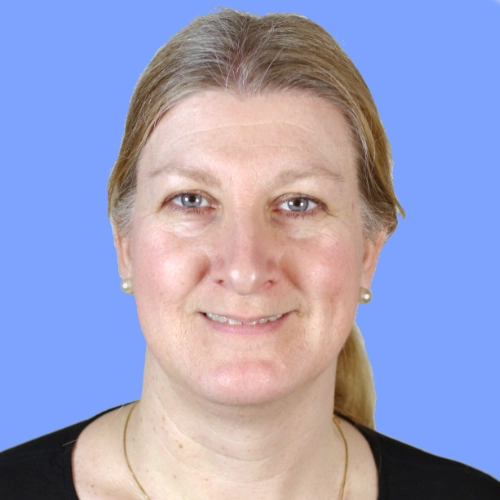
Marianne Pilskog Nyhus
Marianne Pilskog Nyhus is Assistant Professor, Head of program for signed language and interpreting, Department of Language and Literature, Faculty of Humanities at NTNU. Marianne holds an honours (master’s) degree in special education, is a preschool teacher with Norwegian Sign Language, and has further education in meaning-making and tactile sign language. Marianne has experience teaching students who wish to learn Norwegian Sign Language part-time, in the one-year study program, or through the BA in Norwegian Sign Language. Additionally, Marianne teaches primary school teachers about and in Norwegian Sign Language in both initial and further education. Marianne’s interests lie in the fields of language acquisition, bilingualism and multilingualism, interpreting, professional knowledge, and professional ethics, with a focus on accessible communication for the deaf and hard-of-hearing. Marianne has participated in various development projects within these topics.
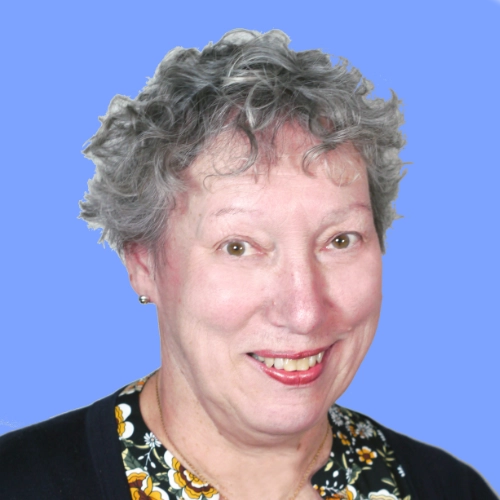
Eli Raanes
Eli Raanes, professor at Queen Maud University College of Early Childhood Education, Dronning Mauds Minne Høgskole DMMH, Trondheim. In her dissertation at Norwegian University of Science and Technology (NTNU) from 2006 she studied conversations between deafblind signers using Tactile Norwegian Sign Language. Eli Raanes has been working at the sign language and interpreting education, in the BA-program at NTNU, and as a professor in Pedagogy and Special needs education at the Department for Teacher Education, NTNU. She has been involved in projects on bilingual education for deaf children, on language development for the deaf and deafblind population, language history and home signing studies. Raanes research interest is sign language, interpreter-mediated communication, tactile sign language, rehabilitation for persons with reduced visual and auditive capacity/deafblindness.

